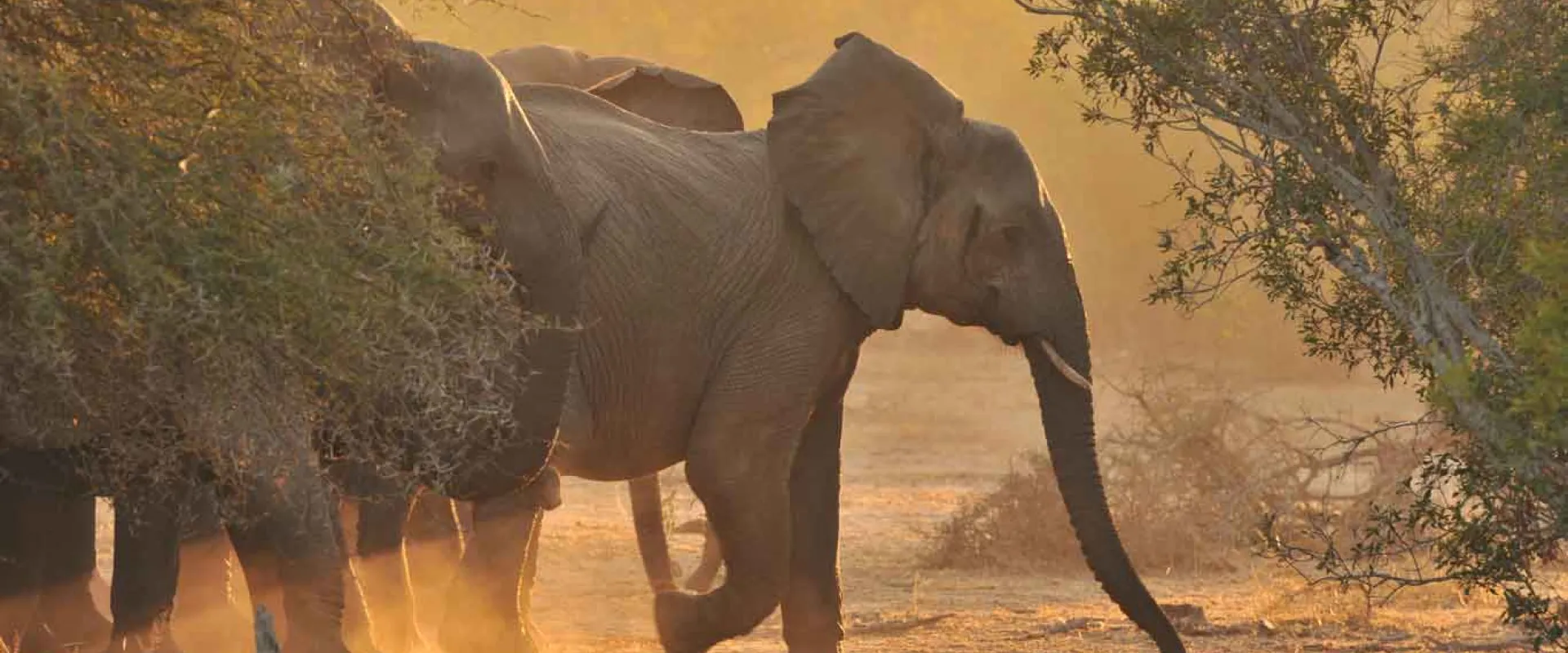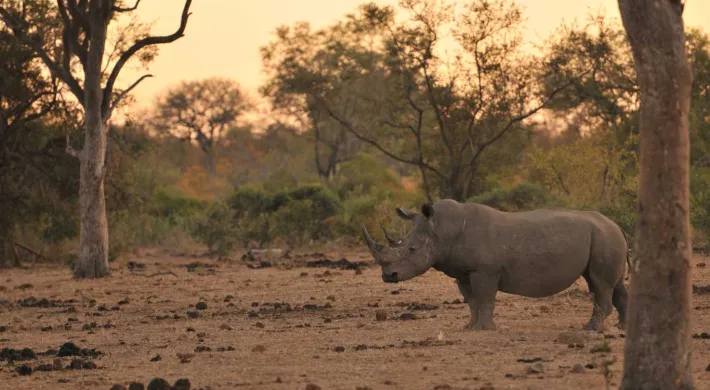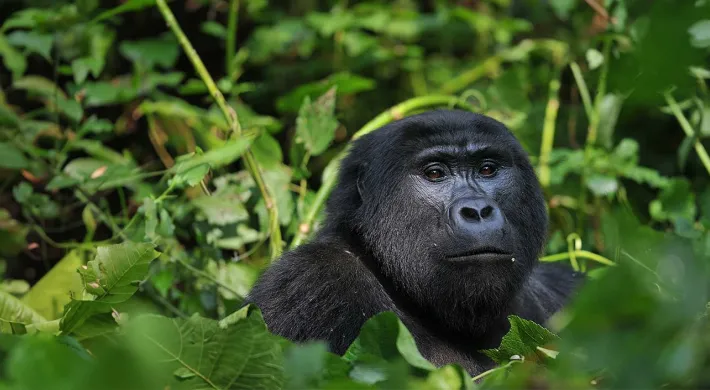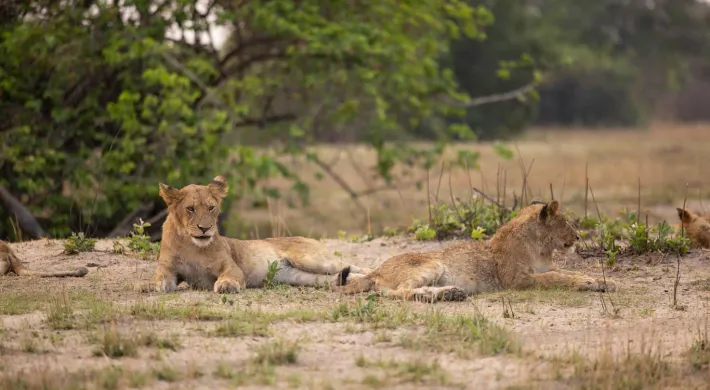North Carolina Zoo has participated in elephant conservation in West Africa since 1998. One of the primary tools we use to protect the region’s elephants is satellite tracking collars. Once fitted with the special collars, elephant location data can be sent to any internet-connected computer in the world, from where data can be analyzed to mitigate human-elephant conflict, delineate new protected areas utilized by elephants, and increase our knowledge of elephant ecology. We are also actively involved in protecting Nigeria’s last elephant population by refining strategies to stop ivory poachers in their tracks.
Threatened with Extinction
Elephants across the world are increasingly threatened by habitat loss as expanding human activities push these magnificent creatures out of their historical safe havens in search of food, water, mates, and safety. To make matters worse, poaching has also been escalating over the past few decades as the international demand for ivory has increased. Consequently, populations of wild elephants have declined so drastically that they could go extinct in the wild within the next generation if current trends hold. The future of elephants depends on securing their habitat, reducing conflict with people, and preventing killing by poachers.
Following Elephant Movement in West Africa
Since 1998, the Zoo has worked to conserve wild elephants in Central and West Africa by attempting to better understand the movement patterns and habitat requirements of elephants through the use of GPS satellite tracking technology. Using this technology and in collaboration with the World Wildlife Fund, other NGOs, and local government agencies, we have been able to monitor elephant movement patterns in real-time and identify several vital elephant migration routes.
The satellite tracking data have allowed rangers to anticipate where elephants are at greatest risk of encountering poachers and also alert them when the herds are heading toward human settlements, thereby reducing the risk of human-elephant conflict.
The Zoo’s Director of Animal Health, Dr. Jb Minter, and Dr. Mike Loomis, the Zoo’s Chief Veterinarian emeritus, have also recently begun collaborating with the Ministry of Waters and Forests of Cote D’Ivoire. This partnership aims to support Ivorian efforts to mitigate threats to elephants, as many elephant populations in Cote D’Ivoire are small, restricted to isolated forest fragments, and under intense pressure from poaching and human-elephant conflict. With the Zoo’s continued support, the Ivorian government is committed to protecting these populations.
Saving Nigeria’s Last Bush Elephant Population
Since 2013, the North Carolina Zoo has partnered with the Wildlife Conservation Society (WCS) Nigeria to protect Nigeria’s last remaining bush elephant population, which lives in Yankari Game Reserve. Yankari is completely surrounded by agricultural development, which puts multiple pressures on conservation activities in the area. Prominently, like in Cameroon, during the region’s dry season, elephants may leave Yankari to raid local farms. To reduce these kinds of conflicts, the Zoo has replicated our efforts in Cameroon—tracking elephant’s movements and redirecting wandering elephants back to safety—also around Yankari.
In addition to mitigating human-elephant conflict, the North Carolina Zoo has also been helping the region’s conservation authorities understand how many elephants are left. In the recent past, the reserve had about 300 elephants in multiple herds. But estimates in the late 2000s, obtained from analyzing movement and patrol data, suggested that a single herd of elephants numbering less than 100 individuals was left in the reserve. An aerial survey of Yankari’s elephants in 2011, organized and coordinated by the Zoo, confirmed this estimate, and incited the Zoo to also get more involved in anti-poaching activities in the park.
Using SMART technology, which the North Carolina Zoo helped develop, the Zoo has played a pivotal role in refining anti-poaching strategies at Yankari Game Reserve. The Zoo accomplished this by holding several workshops in Yankari to train rangers how to collect information on threats to wildlife on SMART-enabled devices. Collecting the data using the SMART system allowed Yankari’s park managers to analyze patrol data quicker, and to make better-informed decisions about how best to protect the reserve’s wildlife. In addition, tagged elephants could be more easily monitored by rangers to ensure the safety of the herd. These activities have made a huge impact; no poached elephant carcasses have been found at Yankari since May 2015. Improved anti-poaching patrols also benefit other animals — populations of most other large mammals at Yankari are also now recovering. With reduced poaching and recovering wildlife populations, levels of ranger morale and discipline have improved, and tourists also leave more satisfied.
Partners: Wildlife Conservation Society (WCS), World Wildlife Fund (WWF), various local government agencies




